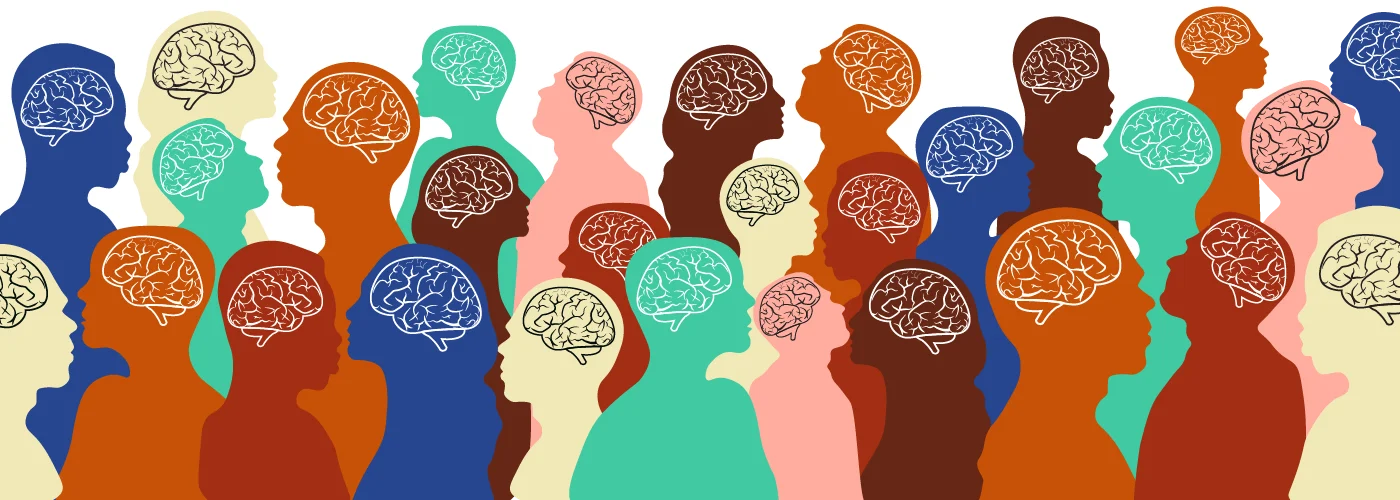Neurodiversity: A Competitive Advantage
Posted by: Dr Lois Player

Source: The Open University. Note: Neurodiversity refers to natural differences in human brain processing, meaning neurodiverse individuals may learn and process information differently to their neurotypical peers.
This week is Neurodiversity Celebration Week, and I wanted to take the opportunity to reflect upon the vital importance of neurodiversity in the scientific field.
I am fortunate to be conducting a PhD within an interdisciplinary team of engineers and scientists in the AAPS CDT, whose holistic goal is to achieve a more sustainable transport future. Being at the intersection of environmental and social psychology, my research predominantly explores the links between pro-environmental behaviours, mental health and Autism. This week, with the launch of the GW4 Alliance’s Neurodevelopmental Neurodiversity Network, I was prompted to consider how neurodiversity may facilitate innovation in the automotive field.
Vast swathes of academic literature has demonstrated that those working in science and engineering disciplines may be particularly neurodiverse. For example, scientists and engineers typically have higher autistic-like traits than those working in non-STEM fields. This difference may be due to STEM subjects requiring high levels of ‘systemising’ behaviours, defined as the use of rule-based systems and need for strong analytical skills. Such systemising tendencies are also a key feature of Autism. Individuals with higher autistic-like traits are also typically more proficient in areas such as pattern recognition, detail orientation, short-term memory and logical thinking: skills vital for innovation.
Despite this, heightened autistic traits are rarely framed in this way. Contrastingly, it is estimated that only half of managers would employ a neurodiverse individual. This is likely because employers typically focus upon the deficits associated with Autism, such as sensory and social challenges; consequently underestimating the competitive advantages of neurodiversity. Indeed, neurodiverse groups are not only more productive than their neurotypical peers, but are also more likely to innovate in their fields, due to atypical thinking styles, and lower abidance to social norms.
Evidently, neurodiversity incubates new perspectives and diversity of thought. Without this, fields like Automotive, requiring fast-paced and pioneering change, will simply fail to thrive. Accordingly, it is clear that automotive employers and academic institutions alike must understand and celebrate neurodiversity, to achieve broader societal goals such as creating a sustainable transport future.